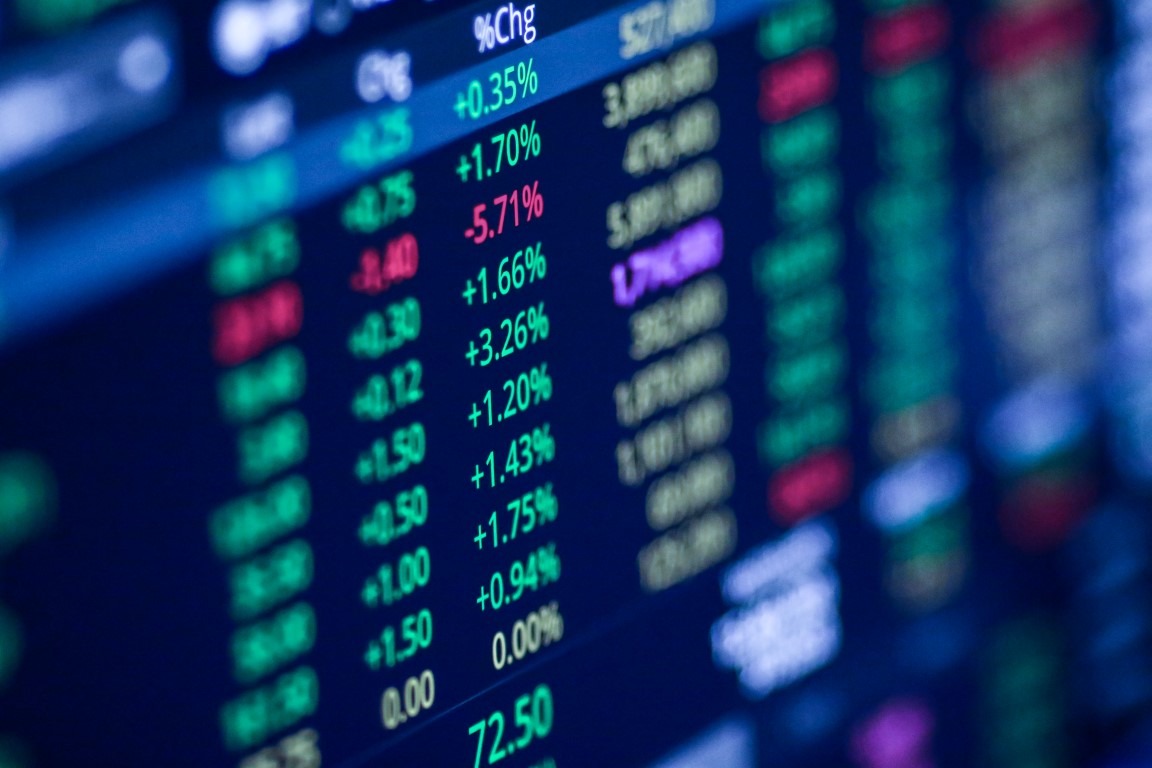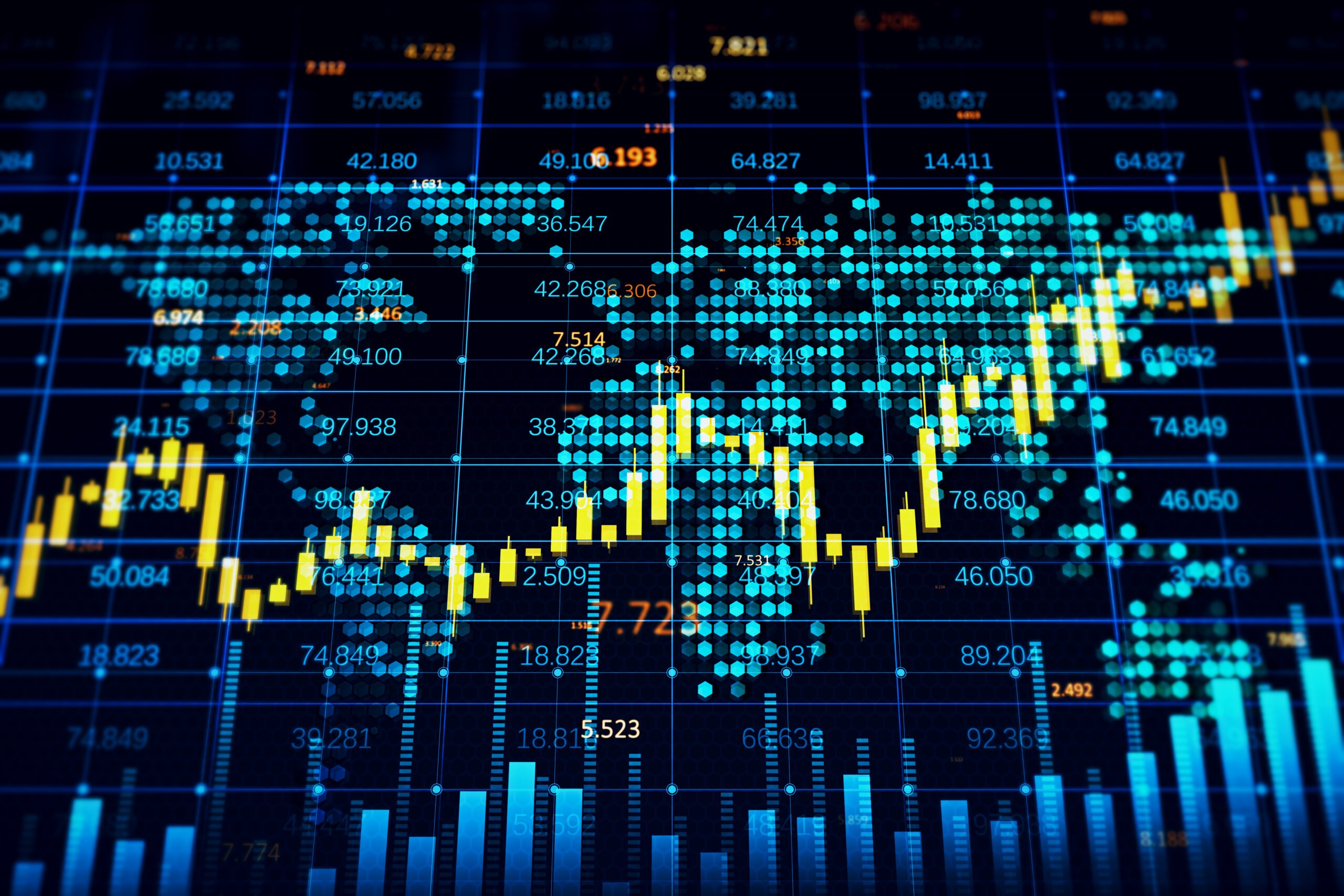Market Making

What is market making
A market maker, also called a liquidity provider, is a firm or individual that continuously provides quotes – both bids to buy and offers to sell – for a given financial instrument, as a primary trading strategy. A market maker is generally contractually and/or legally obligated to provide quotes for set period of a trading day for a minimum size and for a maximum bid-ask spread. The market maker provides liquidity and improves the functioning of the market by making the process of finding a counterparty to trade with more efficient while also bringing down the cost of trading.
Market makers generally come up with their bids and offers by calculating a theoretical price for the given financial instrument and then determining how much credit or margin they need to compensate for the risk they are taking in providing quotes to the market. For example, when an investor sells a financial instrument to the market maker there is a risk that the price will decline and the market maker incurs a loss on its position. The bid-ask spread is the compensation to the market maker for the risk it takes on.
What Does Market Making Mean for the Markets?
Without market makers, investors and brokers of all shapes and sizes would have a more difficult time purchasing or selling financial instruments. In the absence of market makers, investors would need to find someone with the opposite opinion as them to trade against. This may not always be possible, meaning that investors either cannot trade or must incur more risks and expenses to do so. In contrast, when market makers are present there is counterparty with which the investor can trade at any time. On top of that, as market makers invest time and resources improving accuracy of their theoretical prices they are able to improve the market, show narrower bid-ask spreads and lower the cost of trading for all market participants.
Examples
- As an example, imagine shares on Acme Corp (maker of the finest anvils worldwide). A market maker, using various inputs, calculates the theoretical price of ACME shares to be $100. They may then be willing to buy 1000 ACME shares at $99.95 and sell 1000 shares at $100.05, and posts those quotes to a stock exchange. Now, anyone wanting to either buy or sell ACME can do so instantly at those prices with a simple set of instructions, trading with the market maker. If, during the course of a day, one person buys and one sells to the market maker, total revenue is $0.10. The more market makers that actively provide liquidity in ACME shares, the more competition there will be among them. This typically results in further narrowing of the bid-ask spread and further reduction of trading costs.
- Now, imagine a market without market makers. Anyone who has purchased a house has experienced such a market. It cannot be done instantly – far from it. Instead, you have to find someone willing to actually sell their house before you can buy, which can take weeks. This is true again when you’d like to sell your house – you have to find someone who wants to buy it and live in it, instead of trading instantly with a market maker. Instead of a fast transaction, it’s a very slow one.





